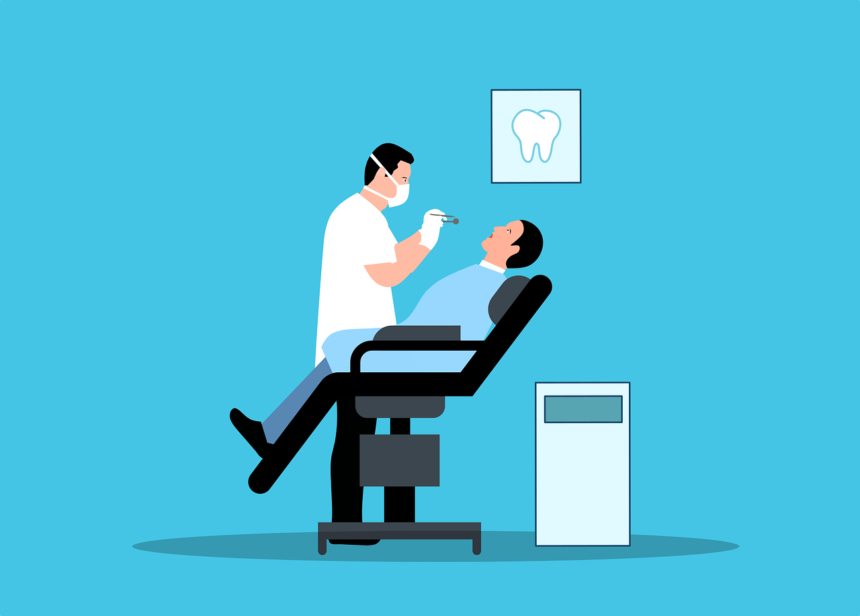You might think of dental assistants as just the helpers in a dentist’s office, but they do much more. They play a crucial role in making sure you have a positive experience and leave with better overall health.
From educating patients about oral hygiene to easing dental fears, they are an essential part of your visit. If you are considering this career, understanding their impact can give you insight into why it is such a rewarding path.
This guide looks into how these often-unsung heroes contribute to patient wellness and why proper training is so vital for their multifaceted roles, so keep reading to learn more.
Educating Patients About Oral Hygiene
Dental assistants often take on the role of an oral health educator. When patients sit in the chair, these professionals share practical tips and essential information about maintaining good oral hygiene.
They explain how to brush and floss effectively, making sure patients understand the importance of consistency. They might demonstrate proper techniques or recommend specific products tailored to individual needs.
For instance, they could suggest switching from a manual toothbrush to an electric one for those struggling with plaque buildup with their advice grounded in their extensive training and day-to-day experiences.
Alleviating Dental Phobia
Another critical role dental assistants play is helping patients overcome their fear of the dentist. Many people feel anxious or even terrified about dental visits, and this anxiety can keep them from getting necessary care.
Dental assistants step in with a calming presence. They engage patients in friendly conversations to ease their nerves before any procedures begin. By explaining each step of the process, they help demystify what is happening.
Their empathetic approach makes a huge difference in patient experiences and ensures that everyone gets the care they need without unnecessary stress.
Coordinating Comprehensive Care
Dental assistants also play a pivotal role in coordinating comprehensive care with other healthcare professionals. When dental issues connect to broader health concerns, they help bridge the gap.
They might gather patient history or communicate with primary care doctors and specialists. This collaboration ensures all aspects of a patient’s health are considered, leading to more thorough treatment plans.
For instance, if a patient has diabetes, the assistant can provide vital information that helps manage both their oral and overall health. This coordination makes sure patients receive holistic care tailored to their unique needs and conditions.
Ensuring Infection Control
It is the dental assistant’s responsibility to maintain a sterile environment in the dental office, ensuring that infection control protocols are strictly followed. They meticulously clean and disinfect tools and surfaces after each patient.
This rigorous attention to hygiene protects patients from potential infections. Like dentists and doctors, dental assistants must also wear protective gear such as nitrile gloves, masks, and eyewear during procedures.
Adhering to these strict standards ensures that the assistants safeguard both patients and staff from cross-contamination and allows the dentist to focus on treatment with confidence that the environment remains safe for everyone involved.
Educational Requirements and Certification
Most states mandate completing an accredited program followed by passing a certification exam to become a dental assistant, but some might only require on-the-job training.
To excel in this career path, aspiring dental assistants should enroll in comprehensive courses that cover essential topics like anatomy, radiography, and infection control.
Look for programs that offer hands-on experience through clinical practice. When choosing dental assistant classes, ensure they are accredited to meet state requirements.
Proper education opens up more job opportunities and equips you with the skills needed to provide exceptional patient care. As such, it is right to say that enrolling in a recognized course is your first step toward success in this rewarding field.
Final Words
Stepping into a career as a dental assistant offers both challenges and rewards. Stay committed to continuous learning and professional development. Whether you are calming an anxious patient or ensuring top-notch infection control, your role is vital in maintaining overall health.
By embracing the roles mentioned in this guide with dedication and empathy, you will not only excel but also make meaningful contributions to patient wellness. Remember, every step you take towards enhancing your knowledge and skills sets you up for long-term success in this fulfilling career path.

